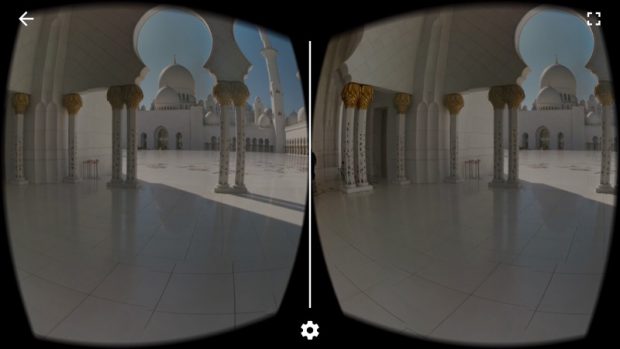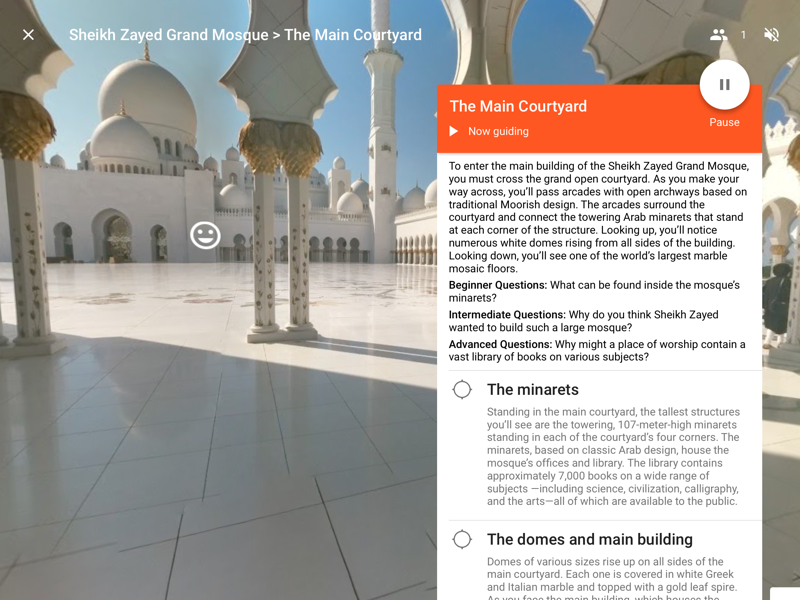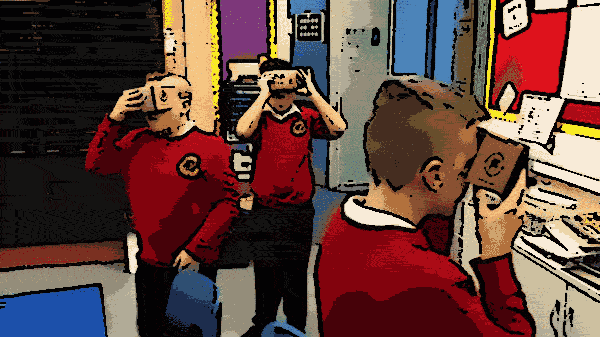Apps for Good is an education movement that is powering a generation to change their world with technology. We partner with teachers in schools and learning centres to deliver our course to young people from 8 -18 years of age. Students work together as teams to find real issues they care about and learn how to solve them using technology. Since 2010 Apps for Good has been delivered to over 75,000 students in more than 1,500 schools across the UK and internationally.
Join us to celebrate the next generation of Scotland’s tech entrepreneurs.
On Wednesday 15th March, over 100 students from across Scotland will travel to Edinburgh’s Quincentenary Conference Centre to participate in Apps for Good’s first ever Scottish event.
The event will bring together the next generation of digital talent in Scotland under one roof in the heart of Edinburgh’s city centre for a day of networking and workshops. Teams of young people are working together and creating apps to tackle the problems & issues which matter most to them, and the event will provide them with the opportunity to engage directly with a range of invited guests, and the other participating Scottish schools.
We’re inviting you to join the Marketplace part of the event from 2pm – 4pm, giving you the opportunity to walk around the room and meet the young people who have been working on their app ideas. The students will be keen to practice their pitch and listen to any feedback and advice that you may have. You will also be able to cast your vote in our People’s Choice Award which will allow us to recognise the top three teams.
We would love to see you there to celebrate all of our students’ hard work!
Our first ever Scottish event has been made possible after being awarded a grant from Digital Xtra, funded by the Scottish Government Digital Skills Business Excellence Partnership, who have provided Apps for Good with support to help us grow our after-school activities in Scotland.
Sign up via Eventbrite here













